About the Comprehensive University of Applied Science and Technology (UAST)
Background
UAST is the pioneer of applied science higher education institution administered by Ministry of Science, Research and Technology. UAST aims to provide opportunities for public and private institutions and organizations to train specialized workforce required for different economic, social and cultural sectors of the country so that graduates can acquire the skills and knowledge needed for their jobs. UAST is responsible for planning, organizing, professional supporting, operating, information, macro-policies as well as supervising and evaluating applied science centers and institutes. Applied science higher education centers (with 31 provincial units and 1000 centers of education throughout the country accommodating students in three levels: associate, bachelor and master degree) have been established to upgrade work knowledge and develop skills needed for individuals’ job fields. Applied science educations have a reasonable nature of “why and how” based on the following points:
- The use of scientific theories and technical acquisitions to promote scientific skills (interaction between science and practice).
- Establishing an effective and correct relationship between education and job requirements (interaction between education and job).
- Adapting educational programs in accordance with present developments (interaction between program, technology and present developments).
- Incremental and continuous preparation of individuals for employment in specific job areas (interaction between education and job).
- Changing employment and wage system through lifelong training (interaction between job promotion and acquisition of new skill).
- Institutionalizing training at workplace and creating productive employment (interaction between occupational trainings and professional entrepreneurship).
Characteristics of Comprehensive University of Applied Science
–Act as a staff
-Usability of trainings
-Promoting specialized needs
-Innovative trainings
-Updating trainings
-Self-management trainings
-Relying on existing resources in the country (existing resources management)
-Maintaining standard quality of trainings
Training types in skills and technology system
Formal training (periodic/ cross sectional)
Non- formal training (one module) complementary between levels of education
The most significant principles requiring for educational programs
-Principle of close relationship with job skill needs
-Principle of mastery learning in the least time
-Principle of flexible execution and pay attention to individual differences

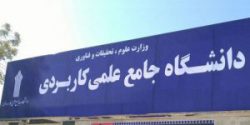
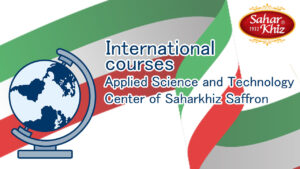

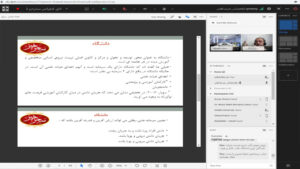
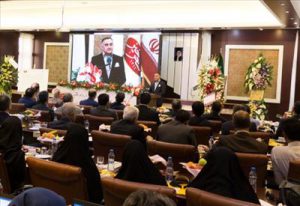
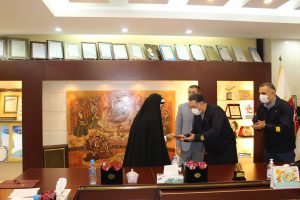
بدون دیدگاه